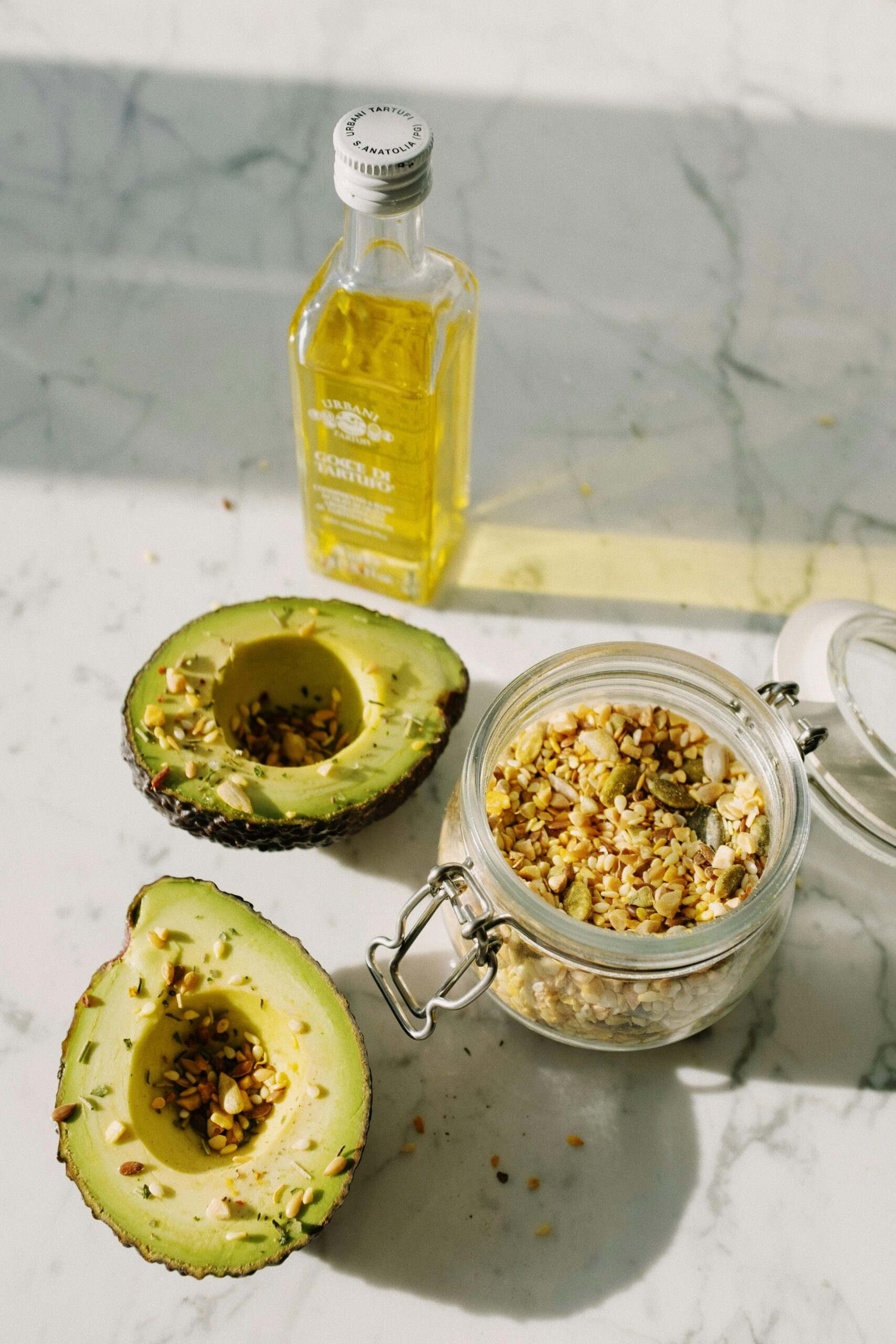
Tips for Maintaining a Balanced Diet When Going Plant-Based
When my client first started eating plant-based, she was consuming large quantities of high-fat, high-sugar, calorie-dense foods, such as nuts, dates, dried fruit, and coconut.
She began gaining weight, feeling sluggish, and experiencing digestive issues—the opposite of what she thought would happen when going plant-based. Confused and frustrated by what she was experiencing, she decided to stop eating plant-based altogether and go back to eating a Standard American Diet.
Many people who go plant-based for the first time have similar experiences to my client, and the problem is not eating plant-based but rather eating an imbalanced diet that is too high in fat, sugar, and calories.
While nuts, dates, dried fruit, and coconut are all nutritious foods that can be a great addition to anyone’s diet, eating too much of them can make you gain weight, feeling sluggish, and just overall not feel your best.
Instead of avoiding these foods altogether, I recommend just being mindful of eating them in moderation.
Recommendations:
- Add these foods to meals rather than eating them on their own. For example, you can chop up nuts and dates and sprinkle them on salads or use them in a sauce or dressing. You can also use unsweetened coconut flakes as a topping for smoothie bowls or add them to your overnight oats.
- Don’t let yourself get too hungry. When you skip meals or go too long without eating, your blood sugar levels drop and your stomach releases a hormone called ghrelin (the “hunger hormone”), which signals your brain that it’s time to eat. Elevated levels of this hormone have been associated with an increased desire for high-calorie, satisfying foods that are rich in sugar and fat, which is why you might be more likely to devour that bag of dried fruit or nuts when you’re hungry.
- Eat a balanced diet with enough variety. Eating a balanced diet that includes a variety of healthy carbohydrates will keep you feeling more satisfied and less likely to want to overeat high-sugar foods, like dates and dried fruit. Some sources of healthy carbohydrates that you can incorporate into your diet are oats, quinoa, and sweet potato.
- Work on reducing your stress. Stress can lead to an increase in ghrelin, which as mentioned above, has been linked to an increased desire for high-calorie foods that are rich in sugar and fat. While it’s impossible to avoid stress altogether, there are some simple practices, such as breathing exercises and meditation, that can greatly reduce it. For example, the 4-7-8 breathing technique, which involves breathing in for 4 seconds, holding the breath for 7 seconds, and exhaling for 8 seconds, has been shown to activate the body’s parasympathetic nervous system and induce relaxation.
Ultimately, it really just comes down to finding a healthy balance between enjoying these higher sugar and fat foods and not compromising your health.
This is great insight! Thank you for sharing.
Thank you for your guidance. I am so stuck !
Thank you for your guidance. I am so stuck !